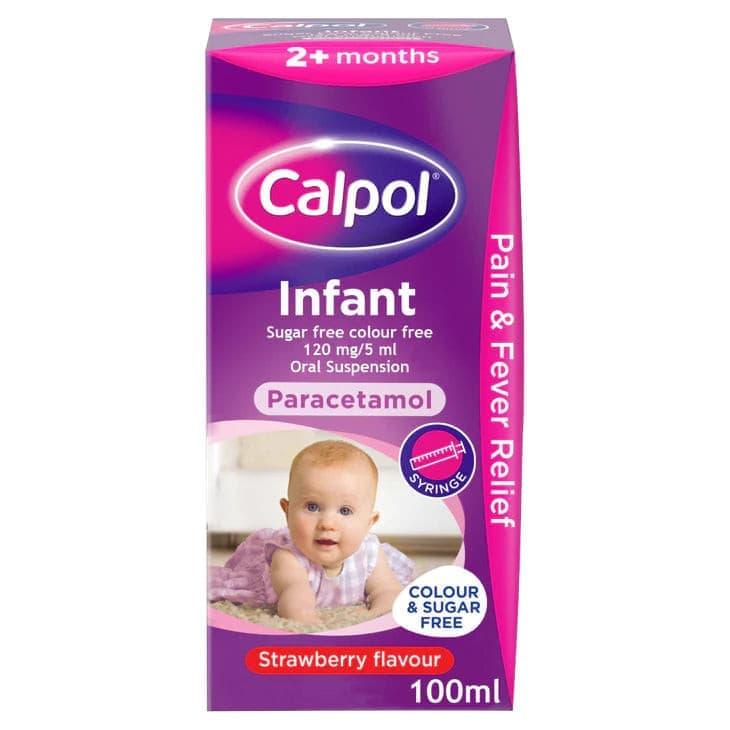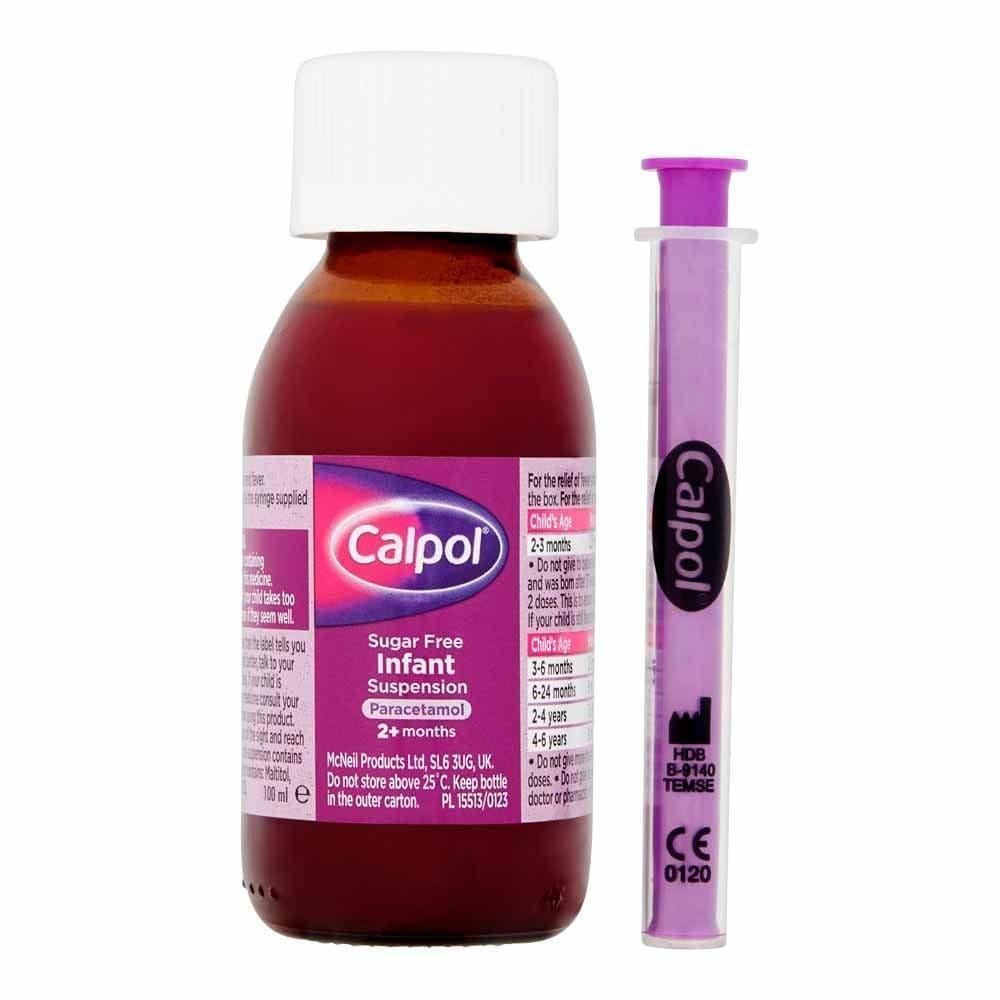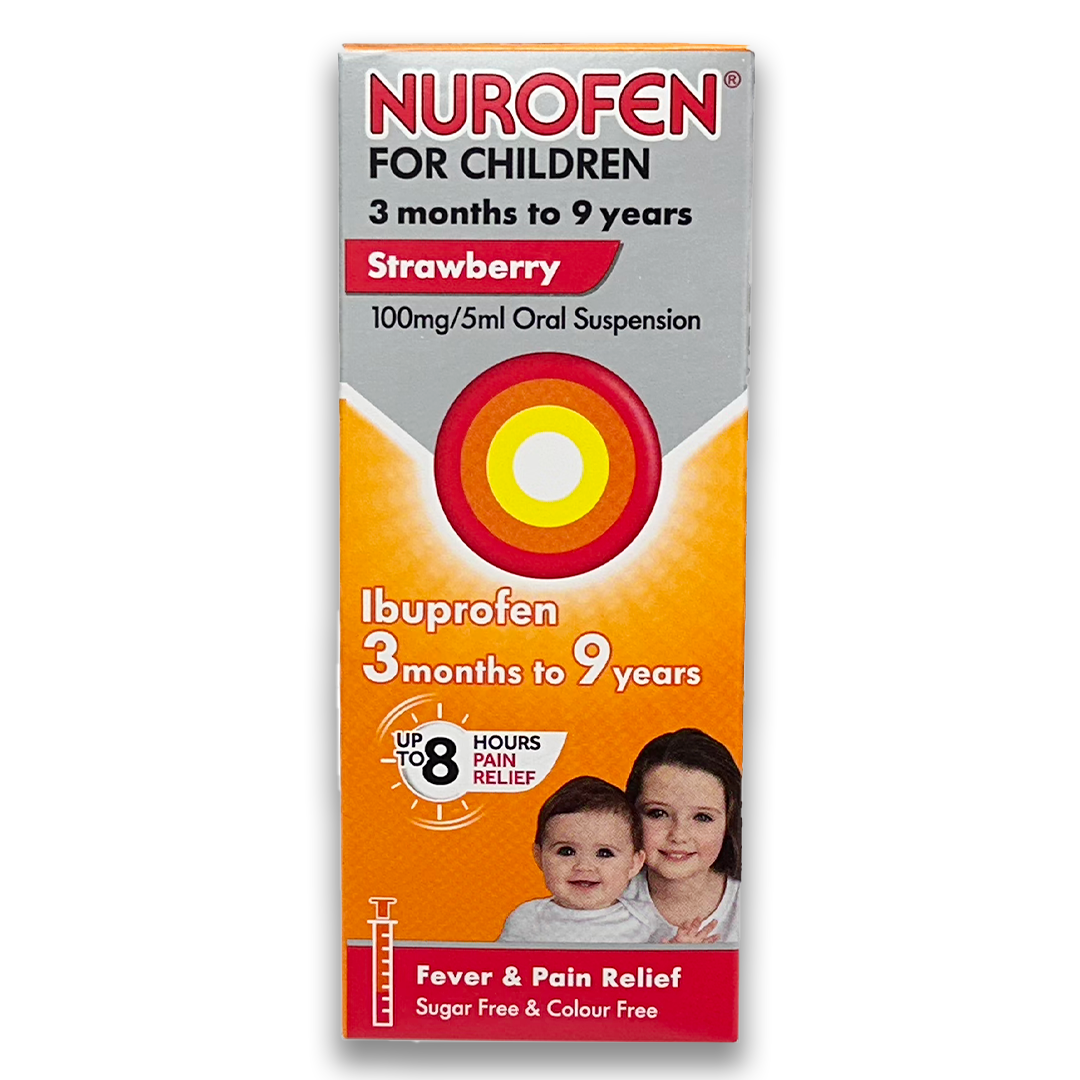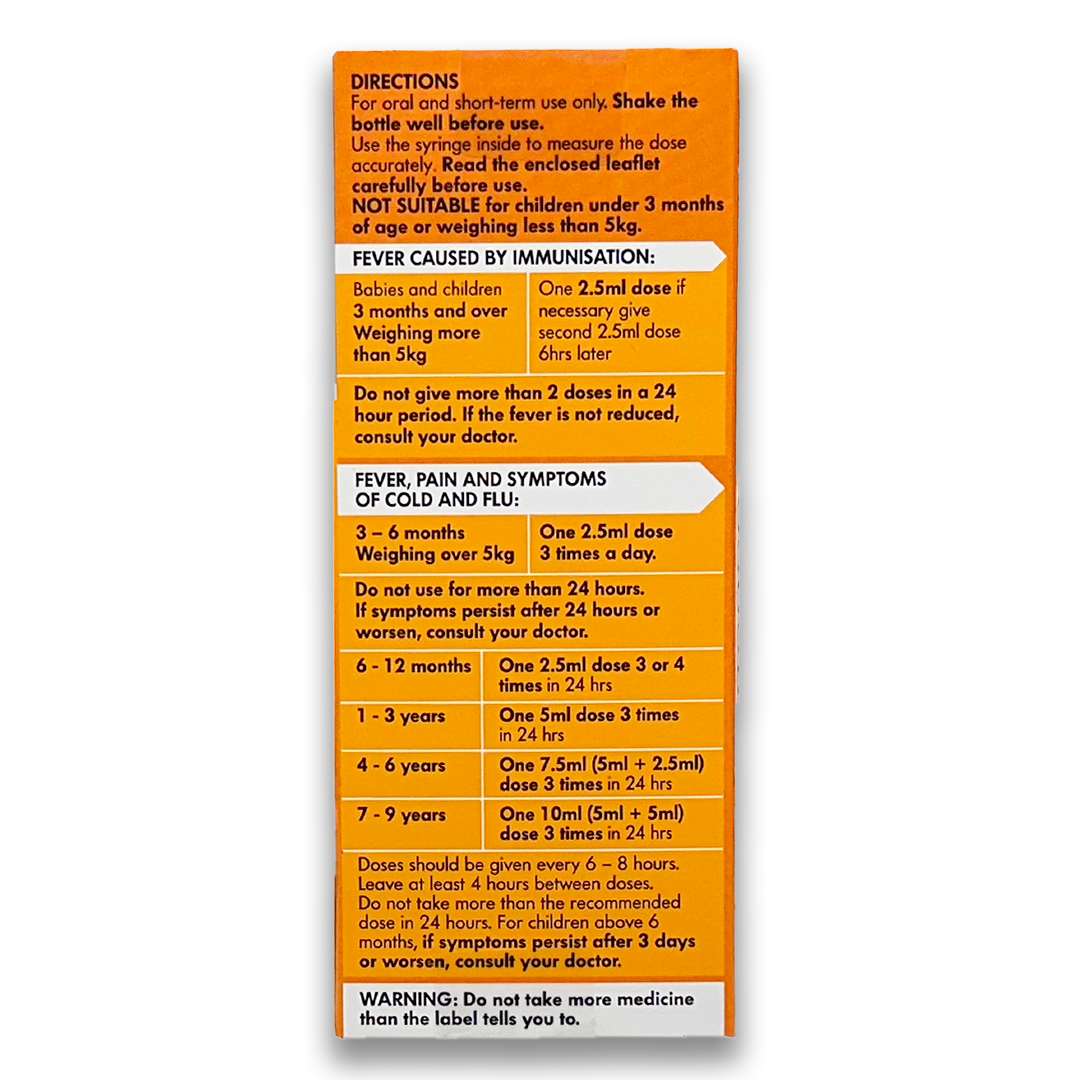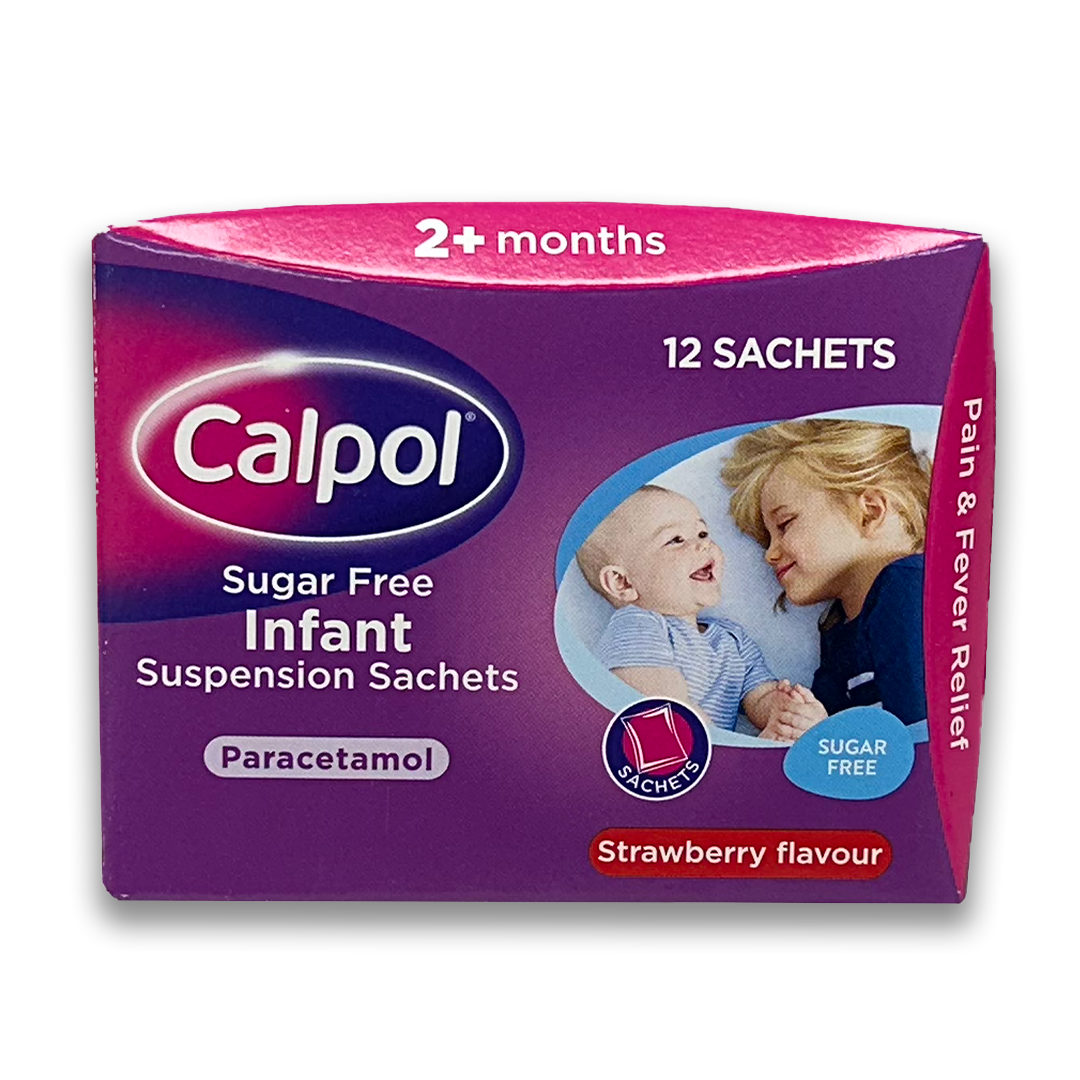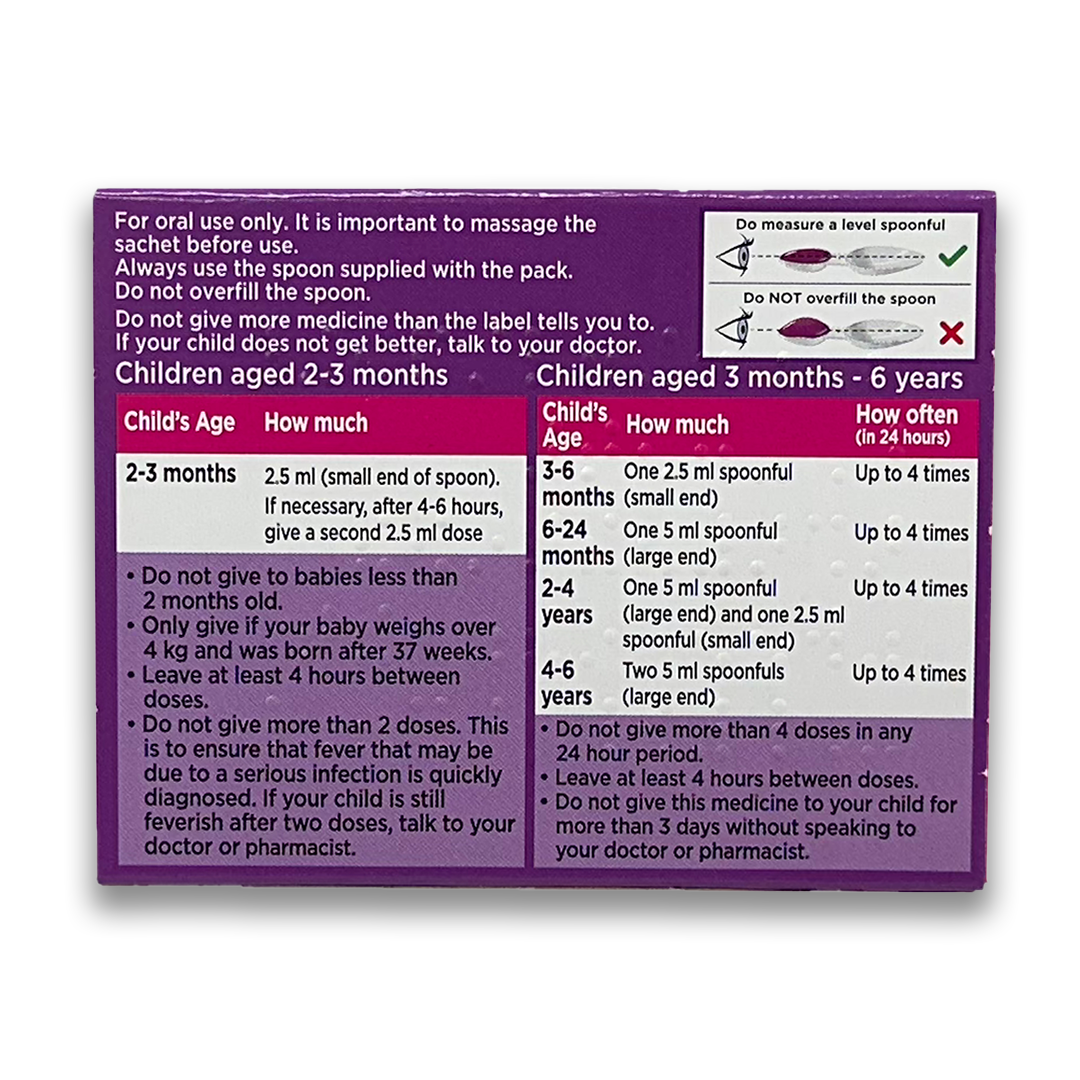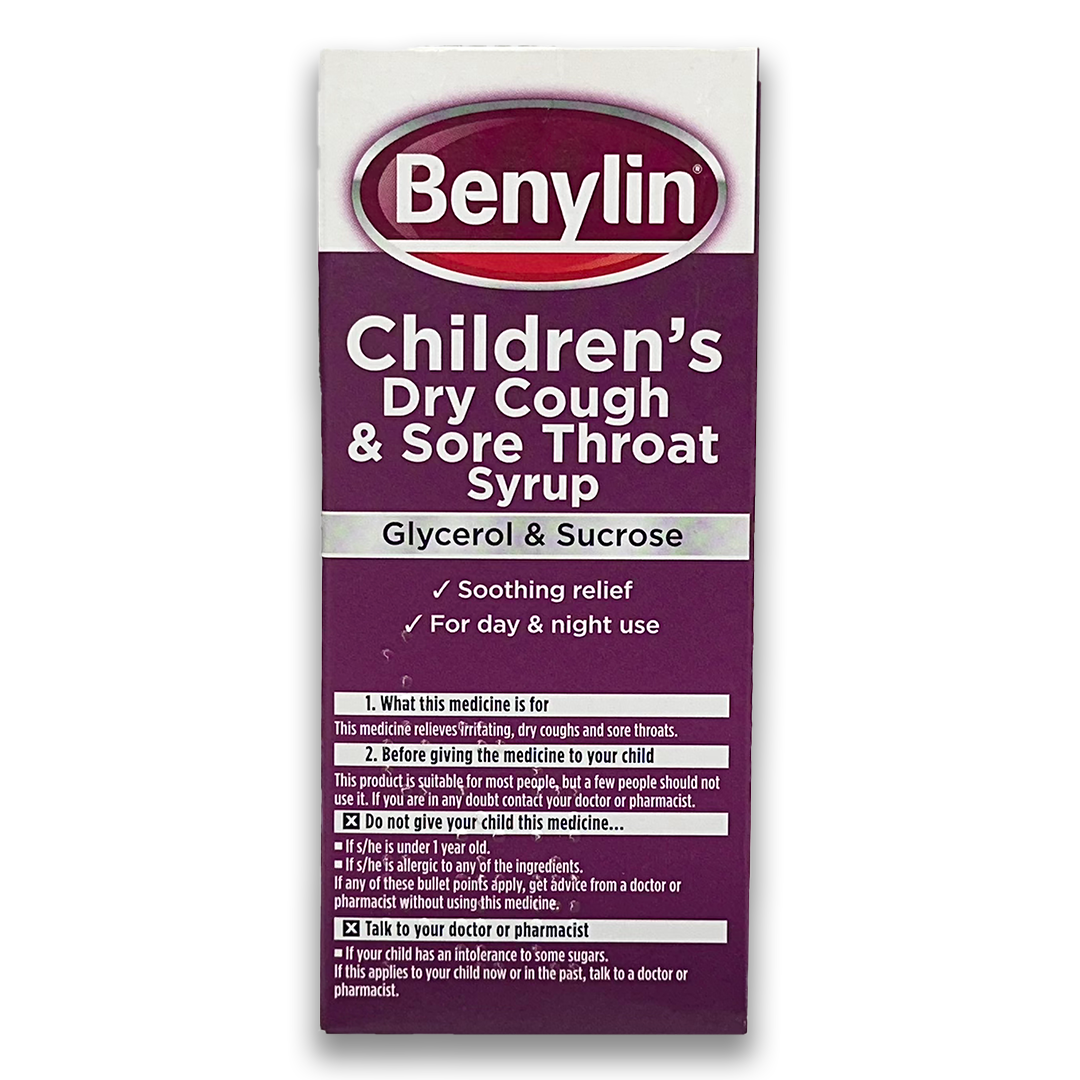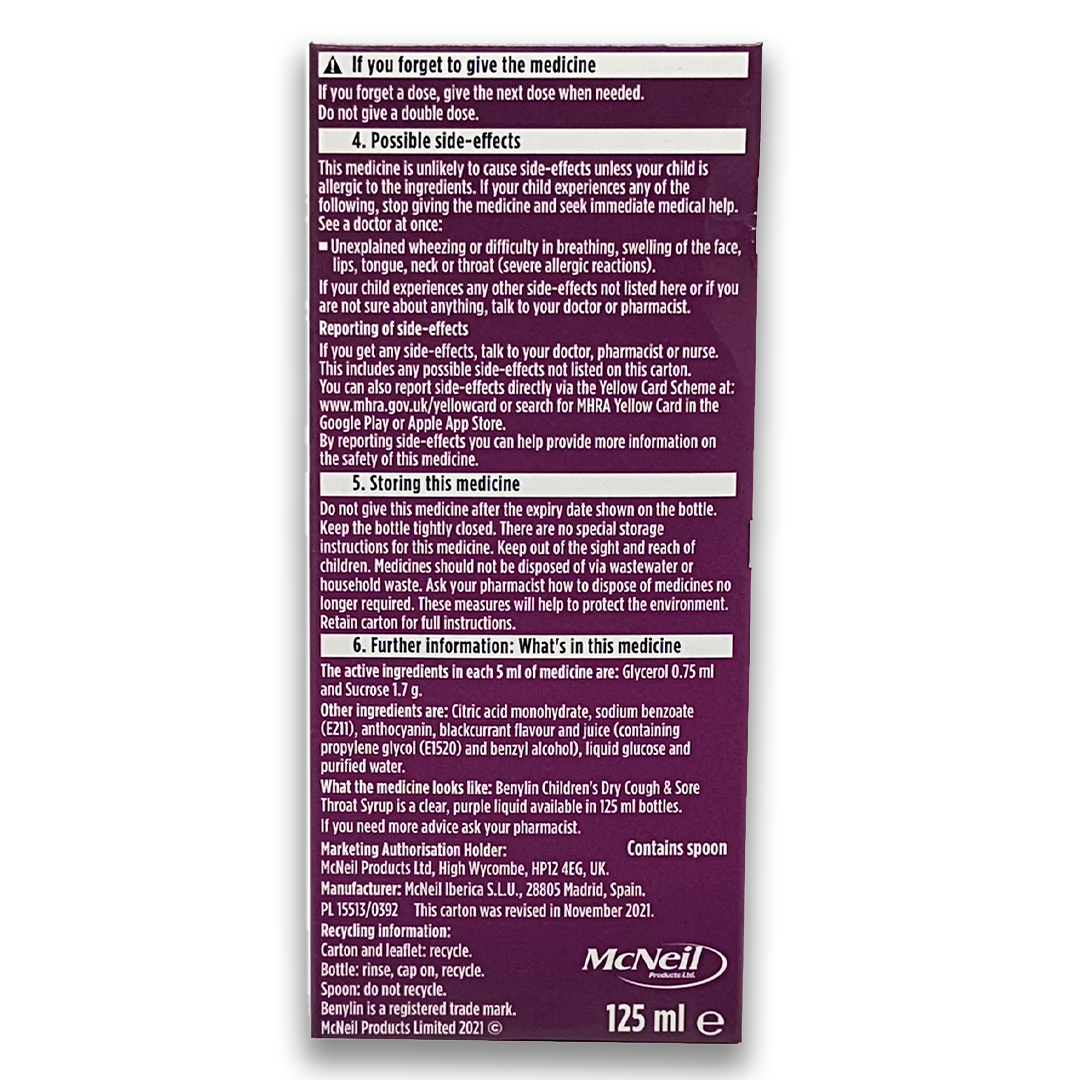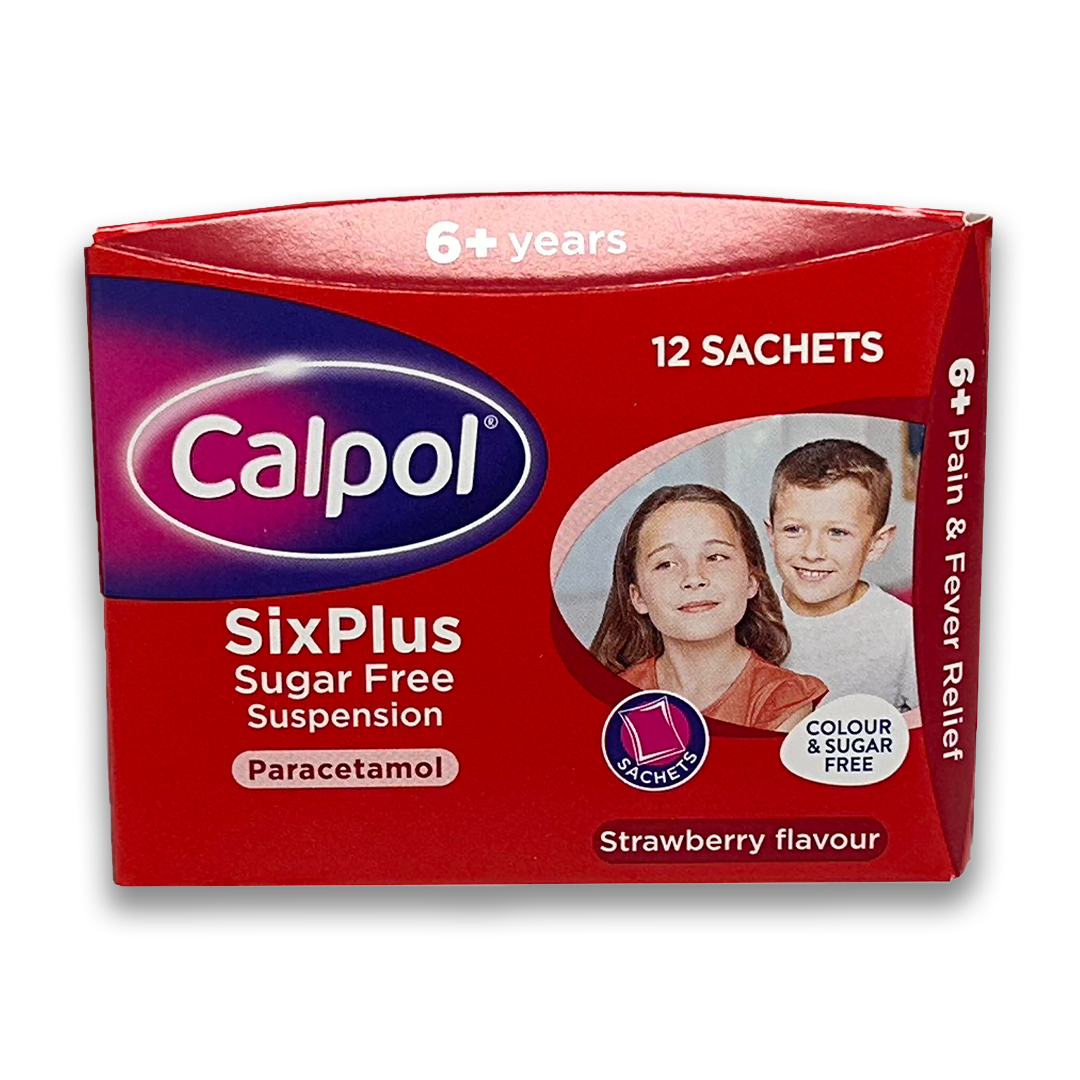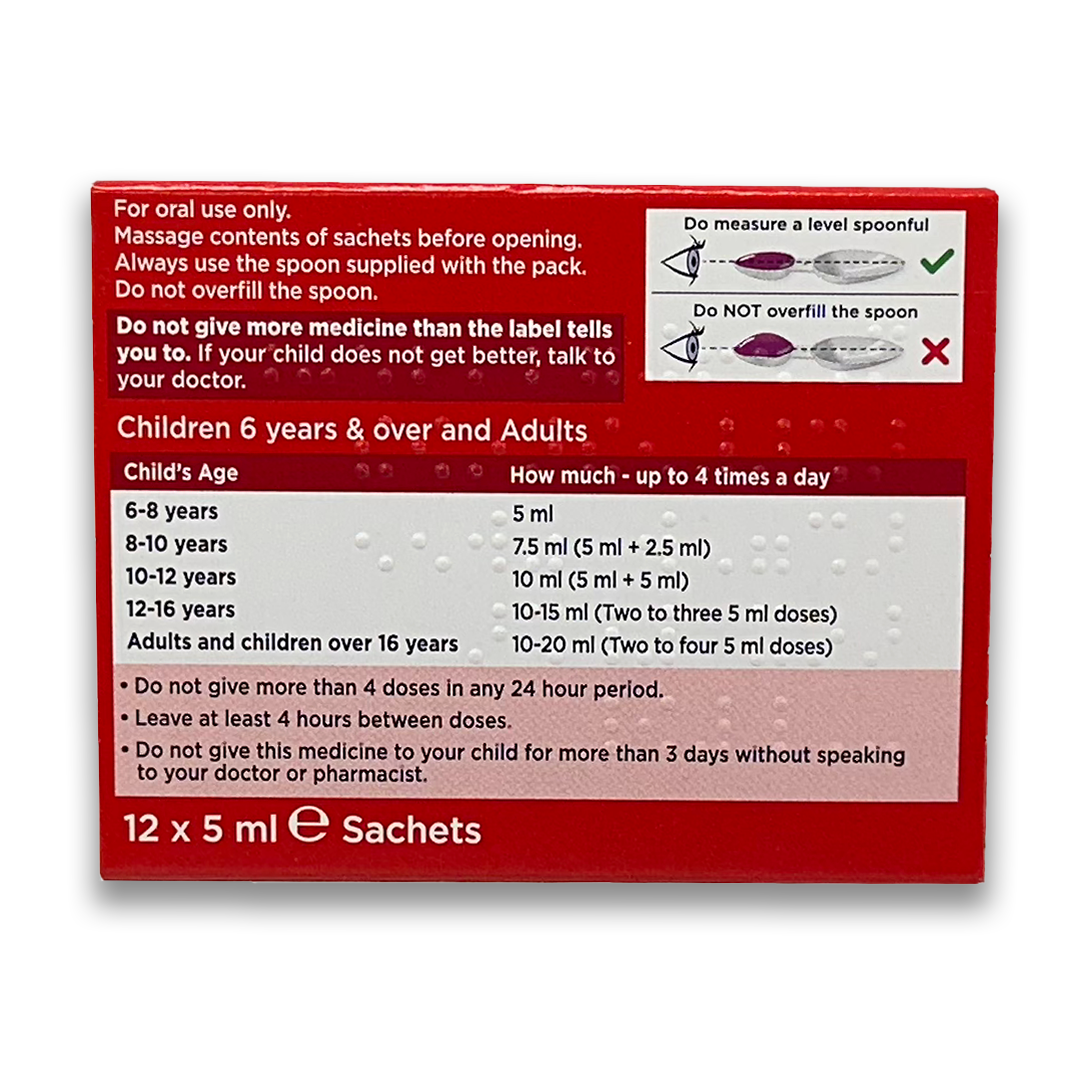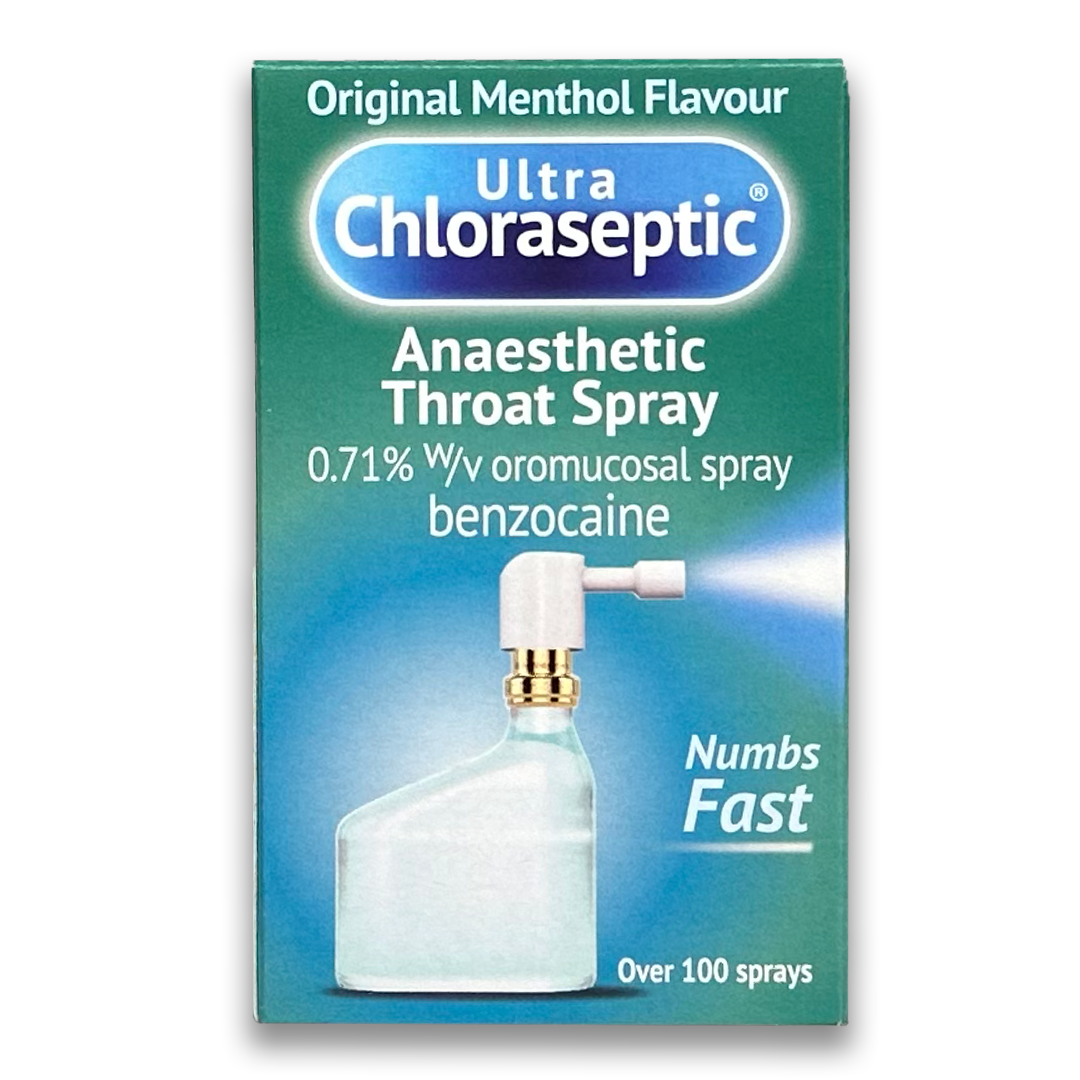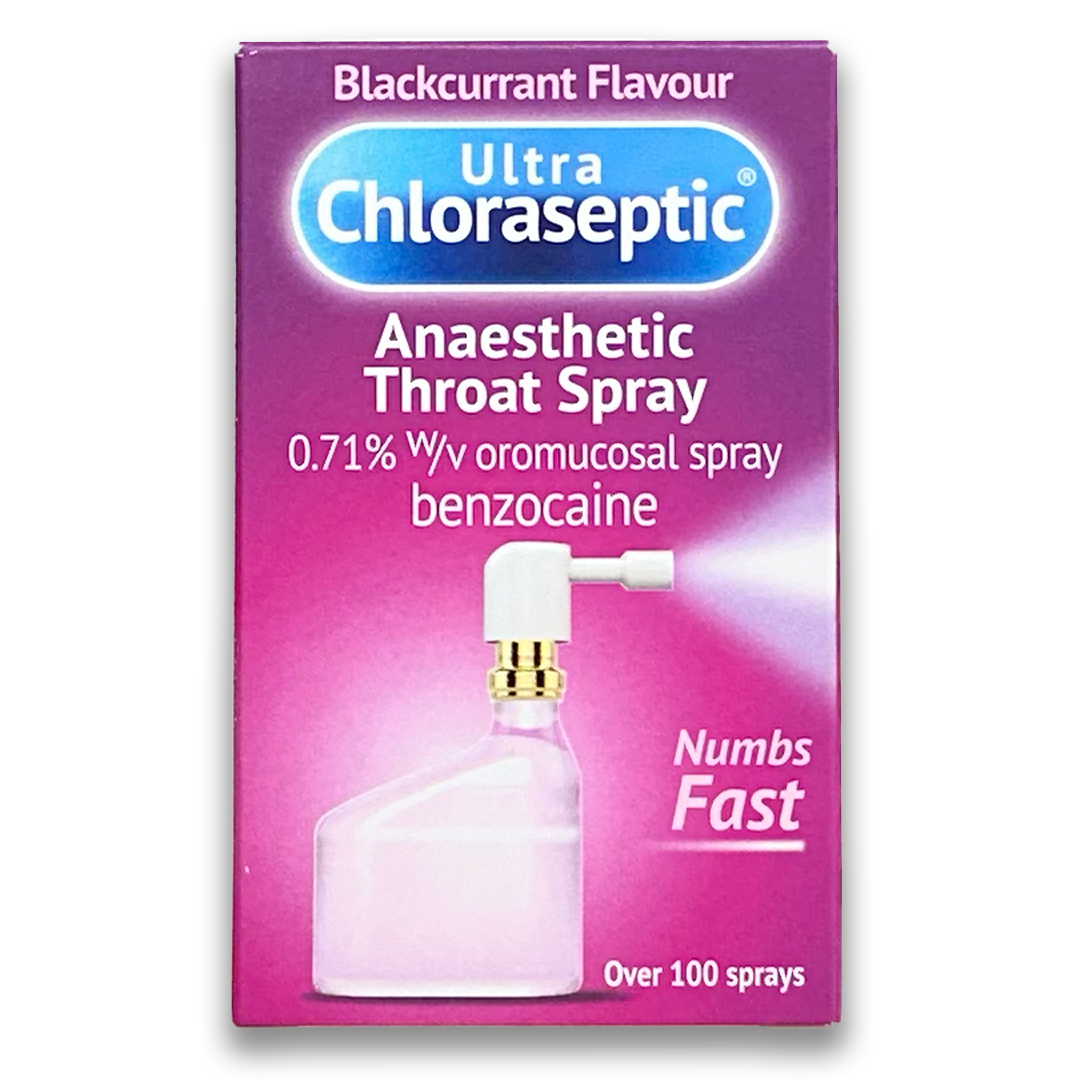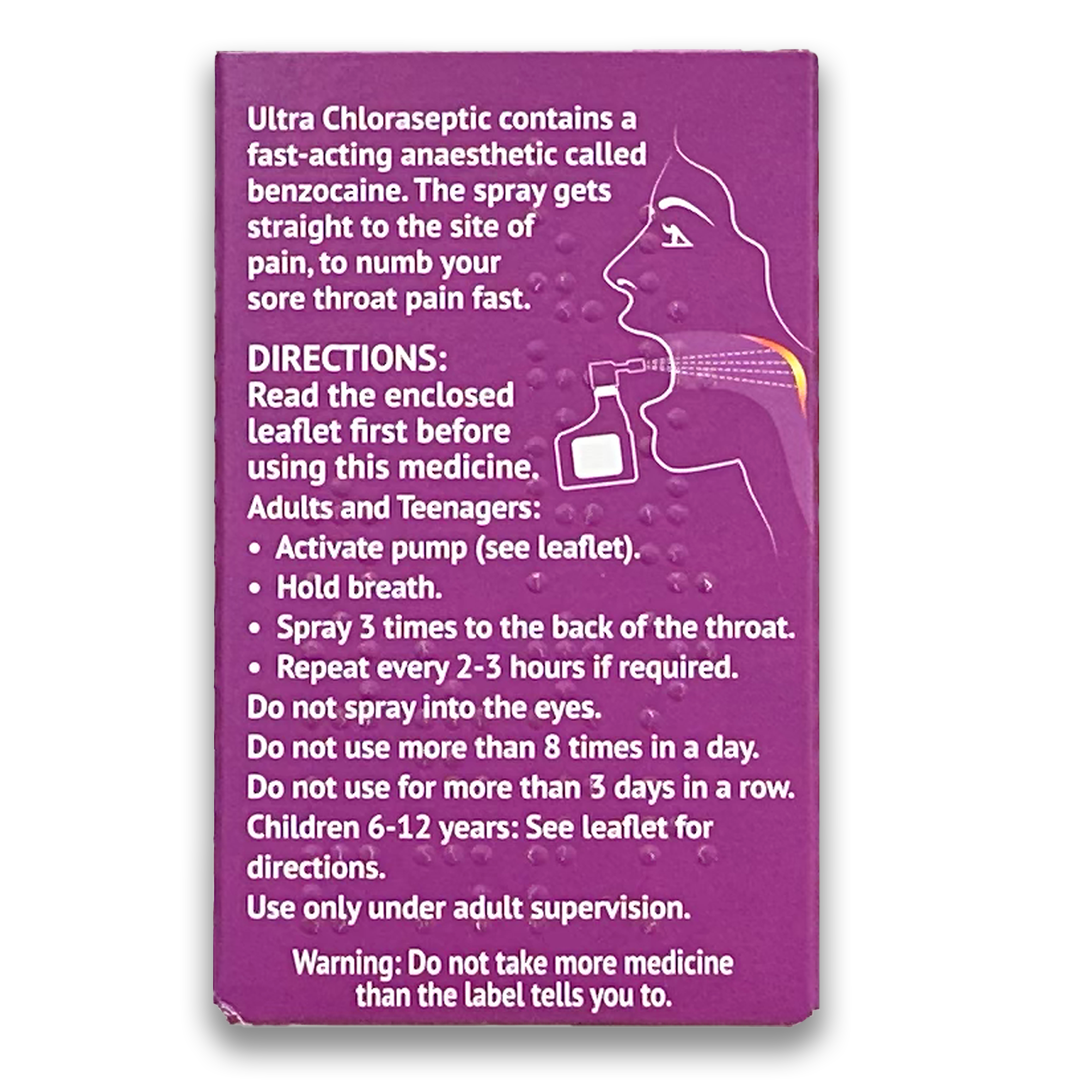

What is Children's Cold and Flu relief?
TAKES APPROXIMATELY 2 MINS TO COMPLETE.
About Children's Cold and Flu relief
Cause
Diagnosis
Treatments
Prevention
Further Info
FAQs
Can my child get a flu shot while they have a cold or flu?
What can I do to relieve my child's discomfort if they have a cold or flu?
How can I differentiate between a cold and the flu in my child?
Can natural remedies like herbal teas or honey help soothe my child's cold or flu symptoms?
We are here to help 👋
For assistance, please contact our customer service at info@rightangled.com. We are available Monday to Friday from 8 am to 5 pm. For urgent issues, please do not use this email. Instead, call 111, or dial 999 in case of an emergency.

